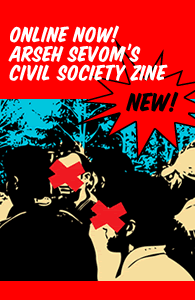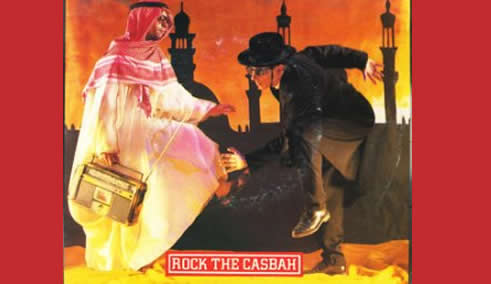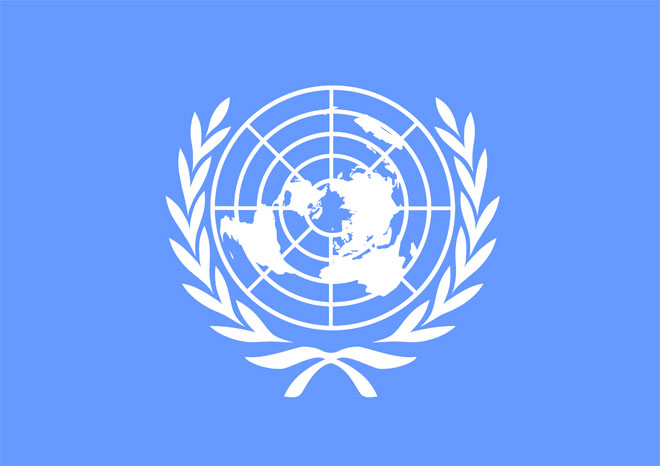December 1, 2011
Arseh Sevom -- This is the Day Without Art, a day meant to bring attention to HIV/AIDS. Tackling the disease and its attendant stigma has been a task that has given rise to creative, confrontational, and effective civil society actors all over the world.HIV/AIDS has been addressed by many different factions of civil society in Iran. Today we honor the work of Drs. Arash and Kamiar Alaei, who spent several years in prison in Iran on unspecified charges.In an interview, Dr. Kamiar Alaei had this to say about their work:
We had no real idea about how to design a programme, so we just asked patients what they wanted. As a physician, I assumed that what my patients needed most was care. I found out that they also really needed counselling on how to cope with HIV. Some people said their husbands and wives had left them. Some committed suicide out of despair.









